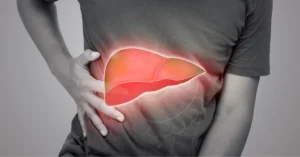
Fatty Liver Disease
Fatty liver disease, once a rare condition, has now become
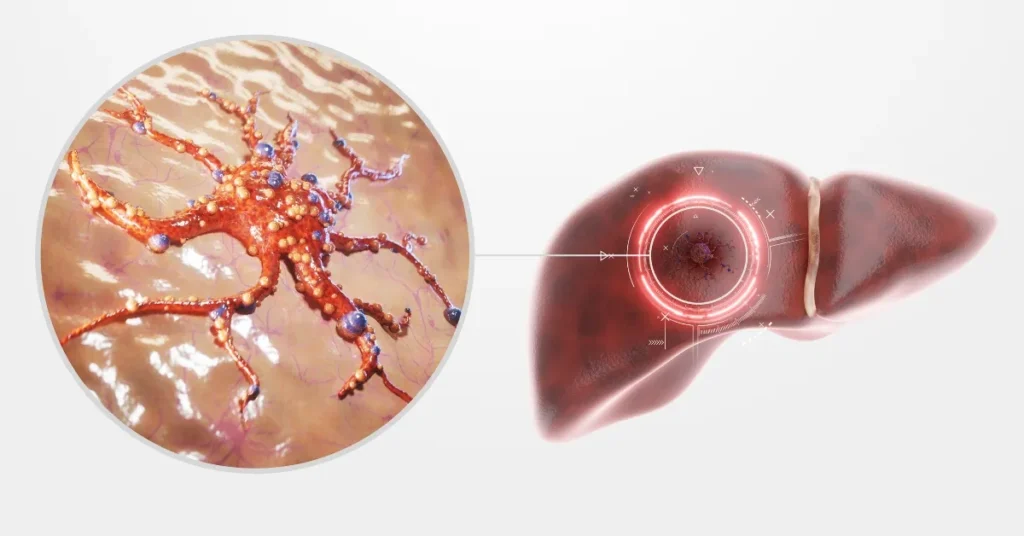
Liver cancer, a life-threatening condition, occurs when abnormal cells in the liver grow uncontrollably, forming malignant tumors. These tumors interfere with the liver's essential functions, such as detoxifying the blood, producing bile, and storing nutrients. Understanding the definition of liver cancer is crucial for recognizing the severity and implications of this disease.
By comprehensively understanding the definition of liver cancer, patients and caregivers can better grasp the importance of early detection and the impact of this disease on overall health.
Liver cancer, a serious condition affecting many people worldwide, can be categorized into several types, each with distinct characteristics and treatment approaches. Understanding these types is crucial for accurate diagnosis and effective treatment.
Hepatocellular Carcinoma (HCC)
Intrahepatic Cholangiocarcinoma (Bile Duct Cancer)
Angiosarcoma and Hemangiosarcoma
Hepatoblastoma
Fibrolamellar Hepatocellular Carcinoma
Each type of liver cancer presents unique challenges and requires specific treatment strategies. Consulting with a liver oncologist is essential to determine the most effective approach based on the cancer type and stage.
Symptoms of liver cancer include unexplained weight loss, persistent abdominal pain, swelling, jaundice (yellowing of the skin and eyes), fatigue, nausea, vomiting, and loss of appetite. These symptoms often appear in advanced stages, making early detection challenging.
Liver cancer arises from various underlying factors that damage the liver over time. Understanding these causes is crucial in taking preventive measures and seeking early treatment. Here are the primary causes of liver cancer:
Treating liver cancer effectively depends on the stage and type of the cancer, as well as the patient's overall health. Early diagnosis can significantly improve the chances of successful treatment. Here are some of the primary treatments for liver cancer, including options for stage 4 liver cancer treatment:
Surgical Resection
Liver Transplant
Ablation Therapies
Embolization Therapies
Targeted Therapy and Immunotherapy
Each of these treatment options has its own benefits and risks, and a liver oncologist can help determine the best approach based on individual patient factors.
Stage 4 liver cancer, also known as advanced liver cancer, indicates that the cancer has spread beyond the liver to other parts of the body. This stage is challenging to treat and cure, but several treatment options aim to manage symptoms, slow disease progression, and improve the patient's quality of life. Consulting with a liver oncologist is crucial for developing a personalized treatment plan. Here are some of the primary treatment options for stage 4 liver cancer:
These treatments aim to extend life expectancy and enhance the quality of life for those battling stage 4 liver cancer.
Preventing liver cancer is crucial for reducing the incidence and improving overall health outcomes. By taking proactive steps, individuals can significantly lower their risk of developing this life-threatening condition. Here are essential strategies for liver cancer prevention:
Get Vaccinated Against Hepatitis B
Regular Screening for High-Risk Individuals
Maintain a Healthy Lifestyle
Avoid Exposure to Aflatoxins
Treat Underlying Liver Conditions
Implementing these preventive measures can significantly reduce the risk of liver cancer and promote overall liver health.
Liver cancer is a daunting diagnosis, but with advancements in medical treatments and a proactive approach to prevention, there is hope. Liver oncologists play a crucial role in guiding patients through their treatment journey, from early-stage interventions to stage 4 liver cancer treatment. Understanding liver cancer, its causes, and treatment options empowers patients and families to make informed decisions and take steps toward a healthier future.
Liver cancer can spread rapidly, particularly hepatocellular carcinoma, but the rate of spread varies depending on the type and stage of the cancer.
Complete recovery from liver cancer is possible, especially if detected early and treated effectively with surgery or a liver transplant.
The survival rate for liver cancer varies based on the stage at diagnosis, overall health, and treatment effectiveness. Early-stage liver cancer has a better prognosis than advanced stages.
Stage 4 liver cancer is challenging to cure because it has spread beyond the liver. Treatment focuses on prolonging life and relieving symptoms.
Risk factors include chronic hepatitis B or C infection, cirrhosis, heavy alcohol use, obesity, diabetes, and exposure to aflatoxins.

Fatty liver disease, once a rare condition, has now become
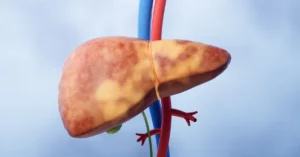
Cirrhosis of the liver is a serious medical condition that

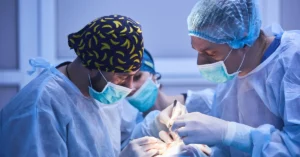


Undergoing a liver transplant is a monumental step in treating
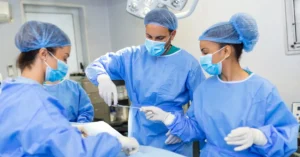
A liver transplant is a crucial and intricate surgical procedure
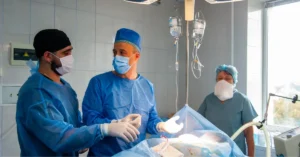
Embarking on a liver transplant journey in India is a

Liver transplant surgery is a critical procedure for patients with severe liver conditions. This blog explores the main indications for liver transplant surgery, including liver cirrhosis, acute liver failure, liver cancer, and metabolic liver diseases.

The donor matching process is a critical component of liver transplantation, where a liver transplant donor offers a life-saving opportunity to those suffering from severe liver conditions. Matching a donor with a recipient involves a detailed and complex series of steps, each designed to ensure that the donated liver provides the best possible outcome.

Cirrhosis of the liver is a serious medical condition that affects millions of people worldwide. Understanding this disease, its causes, symptoms, stages, and available treatments can help manage and potentially prevent its progression.